Venson Automotive Solutions is offering fleet managers advice on how to help their drivers maintain a healthy winter-ready electric vehicle (EV) battery.
Alison Bell, marketing director at Venson Automotive Solutions, said: “With weather forecasts predicting freezing conditions this winter, EV drivers face a different set of challenges to keep their vehicles in tip-top condition.
“For example, the batteries that power EVs are very temperature sensitive, so bad weather can reduce a car’s range and increase the length of time needed to recharge the battery. However, there are many steps that drivers can take to maximise range if a big freeze sets in.
“Whatever powertrain vehicle you are driving this winter, it is important to prepare your vehicle, so it functions efficiently in adverse driving conditions.
“Not only does it reduce wear and tear, it also helps mitigate against the chances of having an accident due to driving a poorly maintained vehicle.”
Here’s Venson’s safety and risk management EV winter-wear tips:
- Use the vehicle’s precondition function. This allows the driver to heat or cool the battery and cabin as needed, allowing the stored energy in the battery to be used as its main purpose, to power the vehicle.
- Be Battery Kind. Batteries like consistency, so when possible, avoid running your battery super low. Aim to stay between 20 and 80 percent charged whenever you can to maximise battery efficiency and longevity.
- Plug-in. By making sure the car is plugged in while preconditioning means you are not draining the battery. Tesla and the new Jaguar I-Pace electric for example, will let you do this remotely via an app.
- Regenerative Braking. When the battery is very cold using the regenerative braking system will be less effective. Therefore, friction brakes will need to be used more until the battery warms up.
- Use the Eco Mode. Eco Mode generally reduces the amount of power supplied to the drive motor and features, like the cabin heater. Used in the winter, it can reduce the power to the motor, so the car accelerates more slowly – not a bad thing as it reduces the possibility of wheel spin.
- Properly inflated tyres. As the temperature drops, tyre pressure falls and under-inflated tyres create more road friction, which impacts on the vehicle’s efficiency. Drivers need to check tyre pressure and general tyre health regularly as properly inflated and safe tyres are an easy way to help maximise winter range.

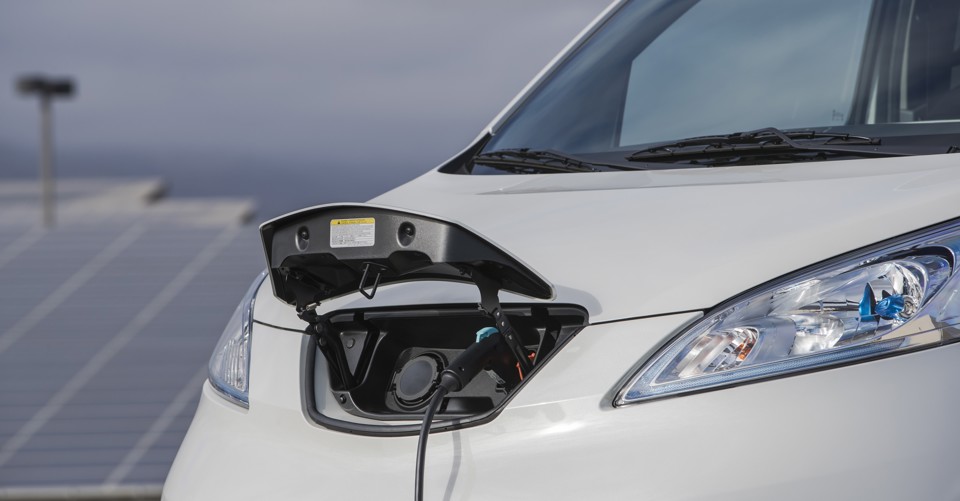

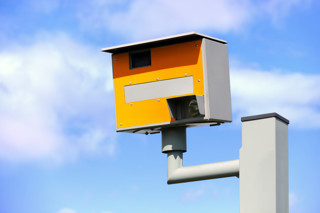
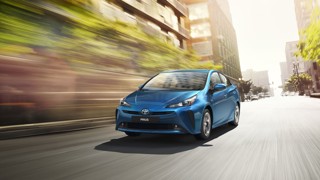
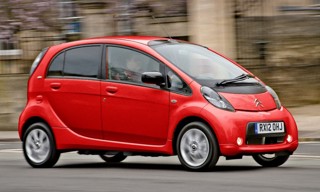
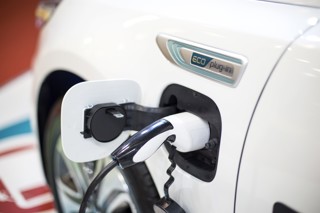


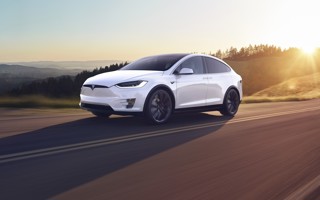












Login to comment
Comments
No comments have been made yet.